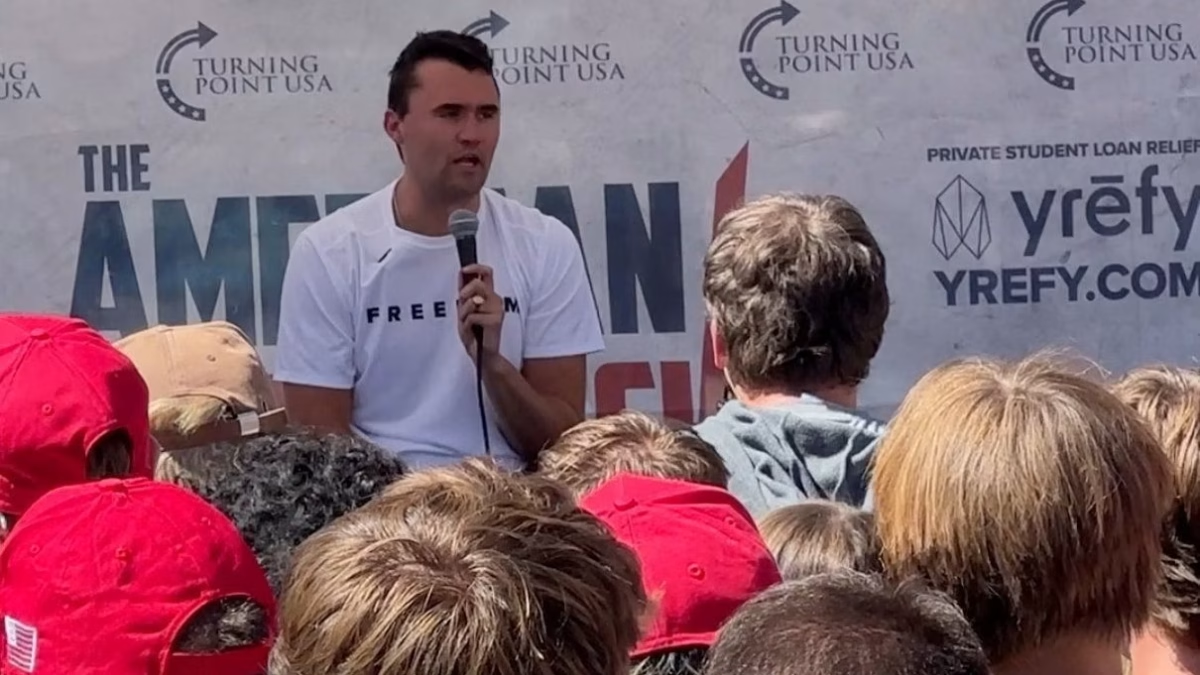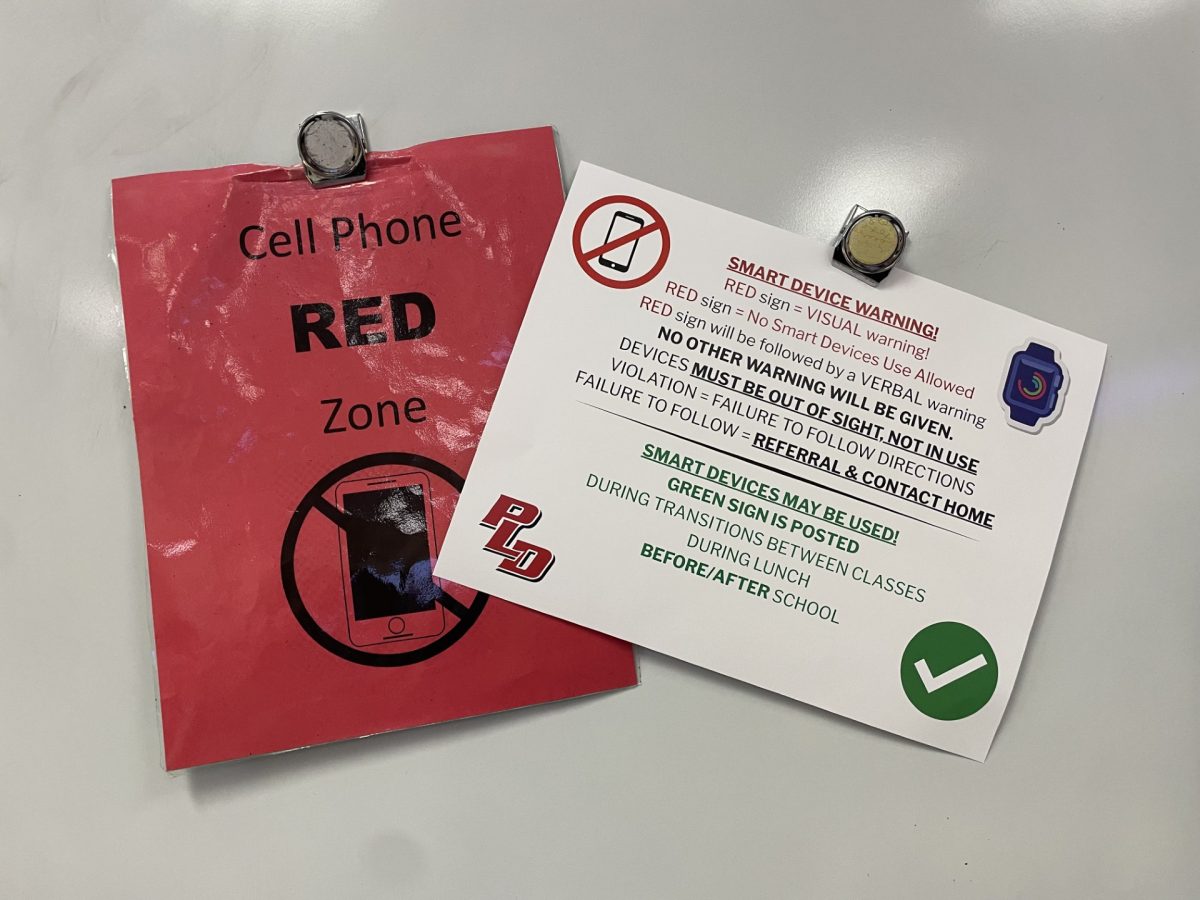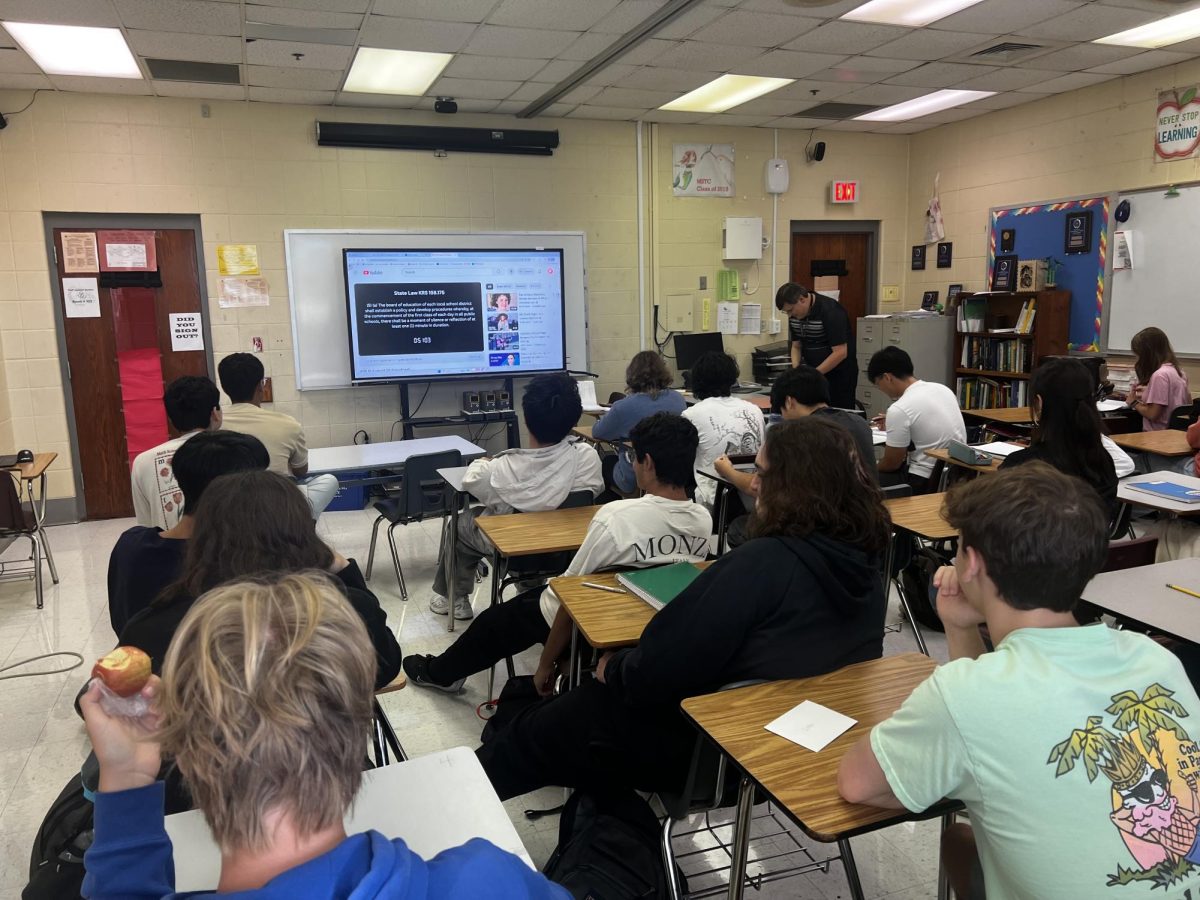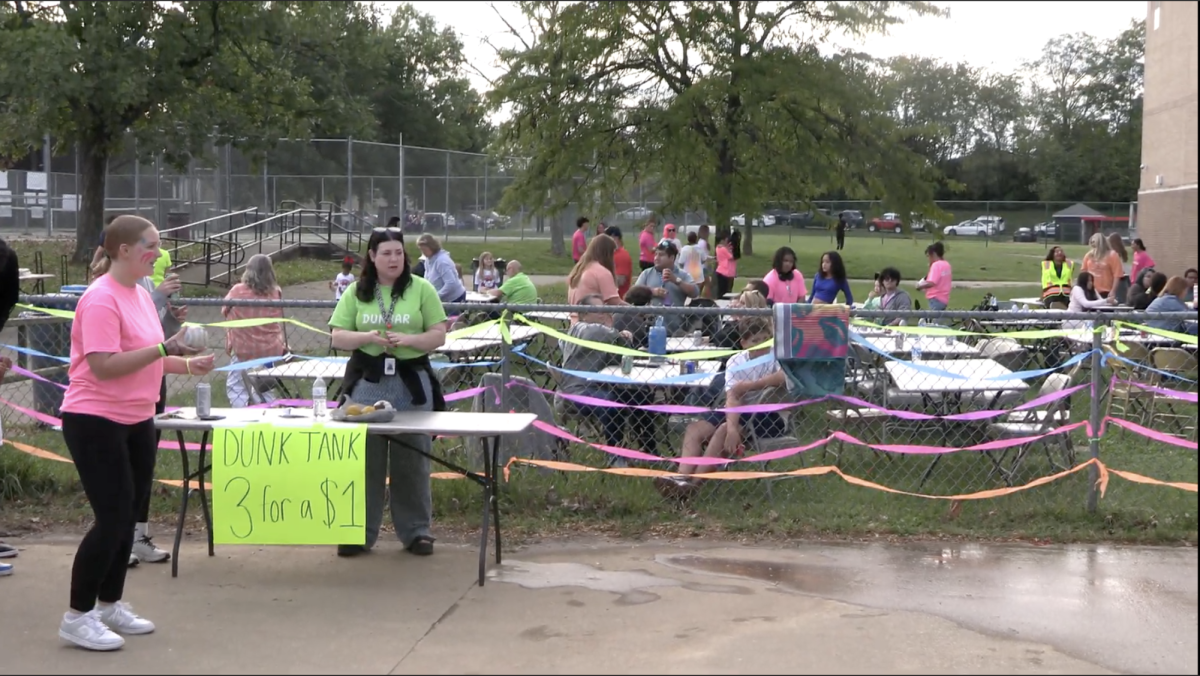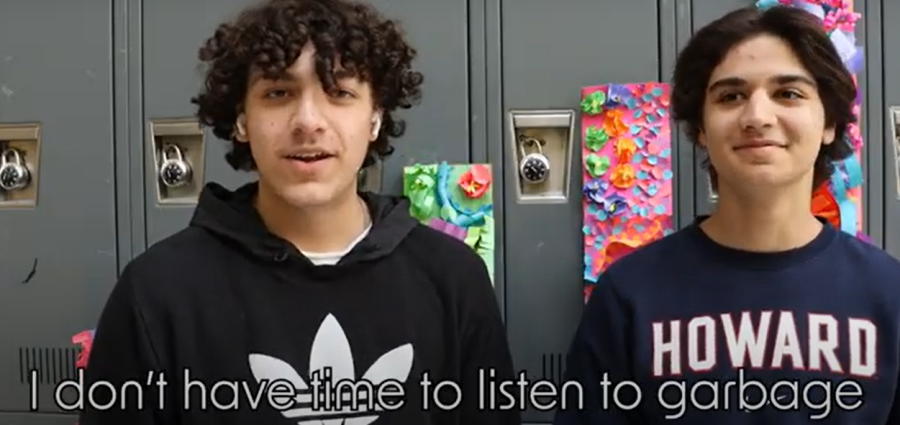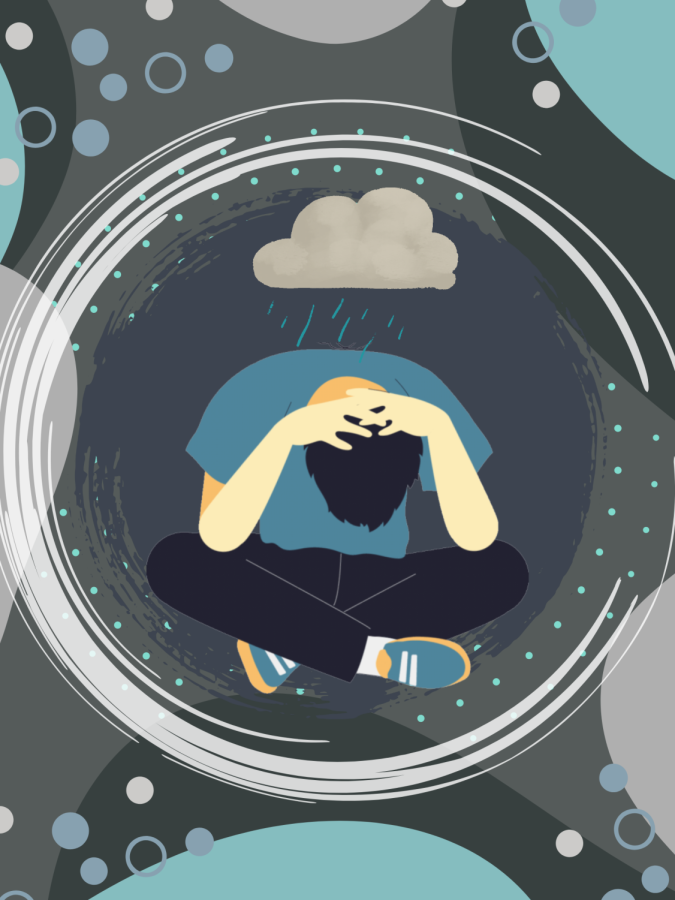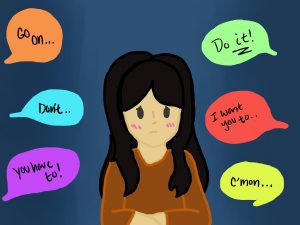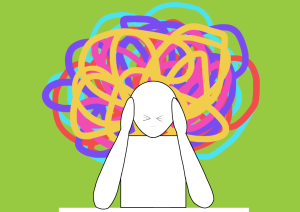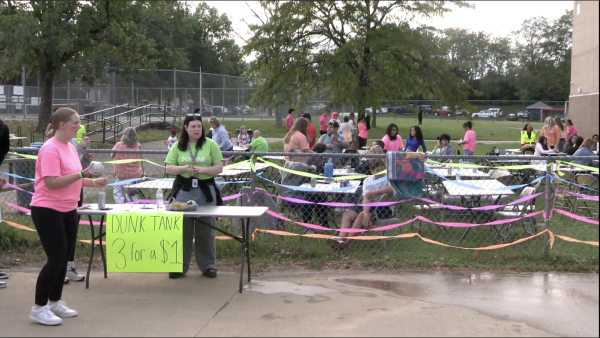Has Destigmatism Led to Desensitization?
There is a fine line between talking about mental health either too much or too little, and while adults try to figure it out, teens aren’t getting better.
There is more awareness of mental health issues in teens, but these issues are being seen as all too ordinary.
Since the early 2000s suicide rates in pre-teens, teens, and young adults have increased by nearly 60% in the United States.
In 2020, for every 100,000 people between the ages of 15-24, 14.2 died as a result of suicide. In his New York Times article, Why Are Young Americans Killing Themselves?, Dr. Richard Friedman attributes this spike to a lack of education and public attention to teen suicide.
He said that he finds the lack of attention most appalling.
“If thousands of teens were dying from a new infectious disease or a heart ailment, there would be a public outcry and a national call to action,” he said.
Dr. Friedman suggests educating adults to recognize the signs.
“To start, we need a major public campaign to educate parents and teachers to recognize depression in young people and to learn about the warning signs of suicide,” he said.
He also suggests providing students with their own identification tools, such as universal screenings, so teens can be informed about resources to help them.
“We should have a universal screening of teenagers at school, with parental consent, to identify those who are suffering from depression and who are at risk of suicide,” he said.
While adequate mental health resources are crucial in combating teen suicide, Dr. Friedman acknowledges the root of the epidemic is the increase in mental illnesses in youth.
But why is this happening?
“While young people are generally physically healthy, they are psychiatrically vulnerable. Three-quarters of all the mental illness that we see in adults has already occurred by age 25,” he said.
Dr. Friedman said that he is confused.
“Our collective failure to act in the face of this epidemic is all the more puzzling since we are living at a time when people are generally more accepting of mental illness,” he said.
The Generational Divide
The previous stigmatization surrounding mental health that was so prevalent in older generations has seemingly vanished with Generation Z.
Paul Laurence Dunbar’s school psychologist and past president of the Kentucky Association for Psychology in Schools, Mr. Patrick Ballard said that he can attest to this.
“When I was younger [suicide] was very hush-hush,” he said. “You didn’t talk about it because if you talked about it someone might do it–that sort of thing.”
Some students feel that this stigmatization around suicide in past generations has contributed to adults’ hesitancy to speak about their children’s mental health issues.
“I think that if mental health was always taken seriously–not just now–there would be action taken whenever someone says something like ‘I’m going to kill myself’. I think mental health is not always the priority for a lot of parents,” senior Kayal Senthil said.
How We Talk about Mental Health
Mr. Ballard said that he feels that there are both good and bad parts of having more dialogue and attention on teen mental health issues.
“People feel more comfortable talking about what’s going on and people talking about that is good,” he said. “ But some people wear that as a badge sometimes. That’s them. That’s their personality… and that’s not cool.”
Dunbar students are noticing this kind of suicidal language. But some say it just comes from a place of frustration.
“It’s become part of the common vernacular to say ‘I’m going to kill myself’ or ‘I wish I were dead’ or ‘I am dead’,” senior Erin Aycock said. “We say all sorts of things to express how we feel like the world is collapsing around us.”
With the destigmatization of mental health, some teens have become desensitized to the severity of mental illnesses and their impacts.
“It’s one thing to be open and honest about what’s going on with you, but it’s another thing to kind of glorify it,” Mr. Ballard said.
Many teens are also feeling the impacts.
“I absolutely have felt myself becoming desensitized to suicide and suicidal ideation,” Aycock said.
This desensitization has teens feeling confused about how to properly cope with their complicated feelings. Some teens throw around phrases like “I’m going to kill myself” without thinking of the potential impacts of their words on not only themselves but also on the people around them.
“I’m not the only person I know of who expresses suicidal ideation-type thoughts,” Aycock said. “Sometimes it’s difficult to tell who really means it.”
A Lack of Sensitivity
Senior Nedjma Kalliney said that she wishes teens would be more sensitive.
“Think very carefully about the true meaning of what you’re saying. It’s very hard to know who you’re talking to and what’s going on,” she said. “Don’t take serious issues lightly.”
Even teachers are noticing how teens seem more callous–whether that’s the intention or not.
“Over the last few years, I’ve seen a lack of filter on what is being said and I think people are so desensitized to whatever they’re hearing that they say these things,” Dunbar English teacher Mr. Daniel Janbakhsh said. “As a teacher when you hear these things, I think red alarms go off, and I think there has been a disconnect between the intent of what is being said and the way it is being perceived.”
Not only does the desensitization have some teens saying harmful things, but it also creates an environment for other teens that puts them in a confusing situation when they don’t know if the person is being serious.
“[The overuse of suicidal language] makes me quite uncomfortable,” a Dunbar student who asked to remain anonymous said. “It’s a reminder that I’ve had friends who were well and truly depressed, and even though they all healed eventually, I was so scared for them for so long, so hearing phrases like ‘I’m going to kill myself’ tossed around really throws me off balance.”
Similarly, Mr. Ballard fears that some teens are escalating to a sense of numbness regarding discussions about suicide.
“My biggest concern is that we aren’t necessarily as concerned as we should be anymore,” he said.
Education
So, where does destigmatizing turn into desensitizing? Where is the line between being aware of suicide and being too numb to process it?
Schools like Dunbar educate students on the signs of suicide, but a lot of times students tune out when counselors are talking–either because they don’t care, they find it boring, or they just can’t deal with it.
“It’s like a numb feeling,” junior Julia Castillo said.
Mr. Ballard has also noticed that students tune out when they are presented with information about mental health and suicide.
“There’s not the ‘emotional hairs on the back of your neck’ kinda response from people anymore,” Mr. Ballard said.
Does this attitude mean that it’s not working? Or does it mean that the way it’s being presented isn’t effective?
Kayal said that she is more worried about how this desensitization might make people stop talking about it altogether. She said it is a fine line.
“We should still talk about suicide openly to allow people to be able to ask for help but we shouldn’t take it so lightly that people say things that are insensitive,” she said.
When a Community Grieves
Mr. Ballard said that because suicide has affected Dunbar in such a profound way this year that the entire school community could be experiencing collective trauma.
Athletic director Mr. Jason Howell died by suicide in October 2022. He was described by many as the “heart of Bulldog Nation.”
“My hope–as terrible as it is–is that because it’s somebody we know, somebody we care about, somebody that touched our hearts–that people will speak up when something happens or somebody says something,” he said.
This collective trauma, while devastating, has united Dunbar in an effort to be more conscious of how suicide is discussed.
What Dunbar is Doing
Acting principal Ms. Andrea Tinsley said that Dunbar has consistently made an effort to pour into our mental health resources.
She explained that the school’s mental health and school counselors participate in professional development to stay up-to-date on training and resources.
“Our counselors have done a really great job at critiquing the [social emotional learning] materials provided by the district and attempting to tailor existing materials to better meet the needs of Dunbar’s students,” she said.
More energy is also going into reversing the numbing effect that suicide has on students.
Dunbar mental health specialist Ms. Dontryse Greer was hired in 2019 after an initiative by former Fayette County superintendent, Mr. Manny Caulk.
As a part of the Fayette County School Board’s 10-point safety plan to implement more mental health resources in schools, Ms. Greer is an additional person in the PLD counseling office who can evaluate the mental health needs of students who come into her office.
She said that she focuses on helping students process their grief, assessing if students are a danger to themselves, and if necessary, she said that she refers students to outside agencies. Ms. Greer works closely with the school social worker, Mr. Steve Duerson, and another mental health specialist, Ms. Karen Callahan.
“If you are going through things, or even if you’re not, having a therapist or just knowing there are mental health specialists in the building–all those things are good ways to cope and manage your stress without wanting to self-harm,” she said.
Students are also pushing for a greater emphasis on a sense of community when handling mental illnesses.
“I think that people should realize how it might be for someone to be in that place and react in an appropriate way to make them feel loved and cared for rather than feeling alone or abnormal,” Kayal said.
Senior Donovan Rodriguez Verdin created a club at Dunbar this year called Bulldog Ambassadors to try to bring more kindness and a sense of community to students.
“Hopefully if we all work together, we can make a change,” he said.
***
Editor-in-Chief Peyton Gasser contributed to this article
If you or someone you know is struggling, or in crisis, and you would like to talk or text with a suicide prevention, mental health, and/or substance abuse counselor visit the Kentucky Safe School’s Crisis Website or use the online reporting/prevention tool STOP Tipline.
Dial 988 in the US to reach the National Suicide Prevention Lifeline. Find other international suicide helplines at Befrienders Worldwide (befrienders.org).

Hey I'm Trinity!!! Writing and journalism have always been a passion of mine. I love being able to express myself through my words especially when I sometimes...

